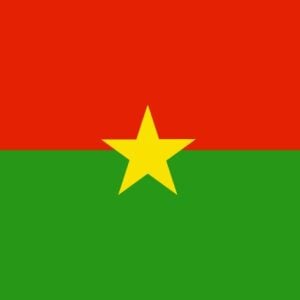Nigeria is intensifying efforts to combat cholera following a surge in cases during the 2025 rainy season. The Nigeria Centre for Disease Control and Prevention (NCDC), in partnership with the World Health Organization (WHO), UNICEF, WaterAid, and the International Federation of Red Cross and Red Crescent Societies (IFRC), has launched a nationwide initiative to strengthen cholera preparedness and response. Over 150 frontline health workers from across all states and the Federal Capital Territory have been trained in early detection, reporting, and treatment, with state governments extending this training to high-risk areas.
In Bauchi State, WaterAid supported the training of 40 community-level health workers in 12 high-burden local government areas, enhancing local capacity to respond swiftly. Health workers like Yushau Muktari, a Disease Surveillance Officer, say the training has improved their ability to save lives by enabling earlier intervention.
As of late July, Nigeria has reported 4,700 cholera cases and 113 deaths, with outbreaks concentrated in flood-affected and displaced communities. NCDC Director General Dr. Jide Idris stressed that the goal is not just to respond to outbreaks but to build systems that can prevent future ones, with WHO and partners providing technical, logistical, and material support to several states.
WHO’s assistance has included pre-positioning cholera kits, strengthening surveillance systems, deploying rapid response teams, and delivering medical supplies, including oral rehydration salts for community-level treatment. WHO officials emphasized that cholera deaths are preventable if detection, coordination, and supply delivery are improved.
The response is aligned with the Global Roadmap to End Cholera by 2030, focusing on multi-sectoral action that integrates investments in water, sanitation, hygiene, and primary healthcare, alongside political and financial commitments. Climate change remains a pressing risk, as more intense weather patterns could worsen outbreak conditions. WHO affirmed its ongoing support to help Nigeria meet its cholera control targets and protect vulnerable populations.






